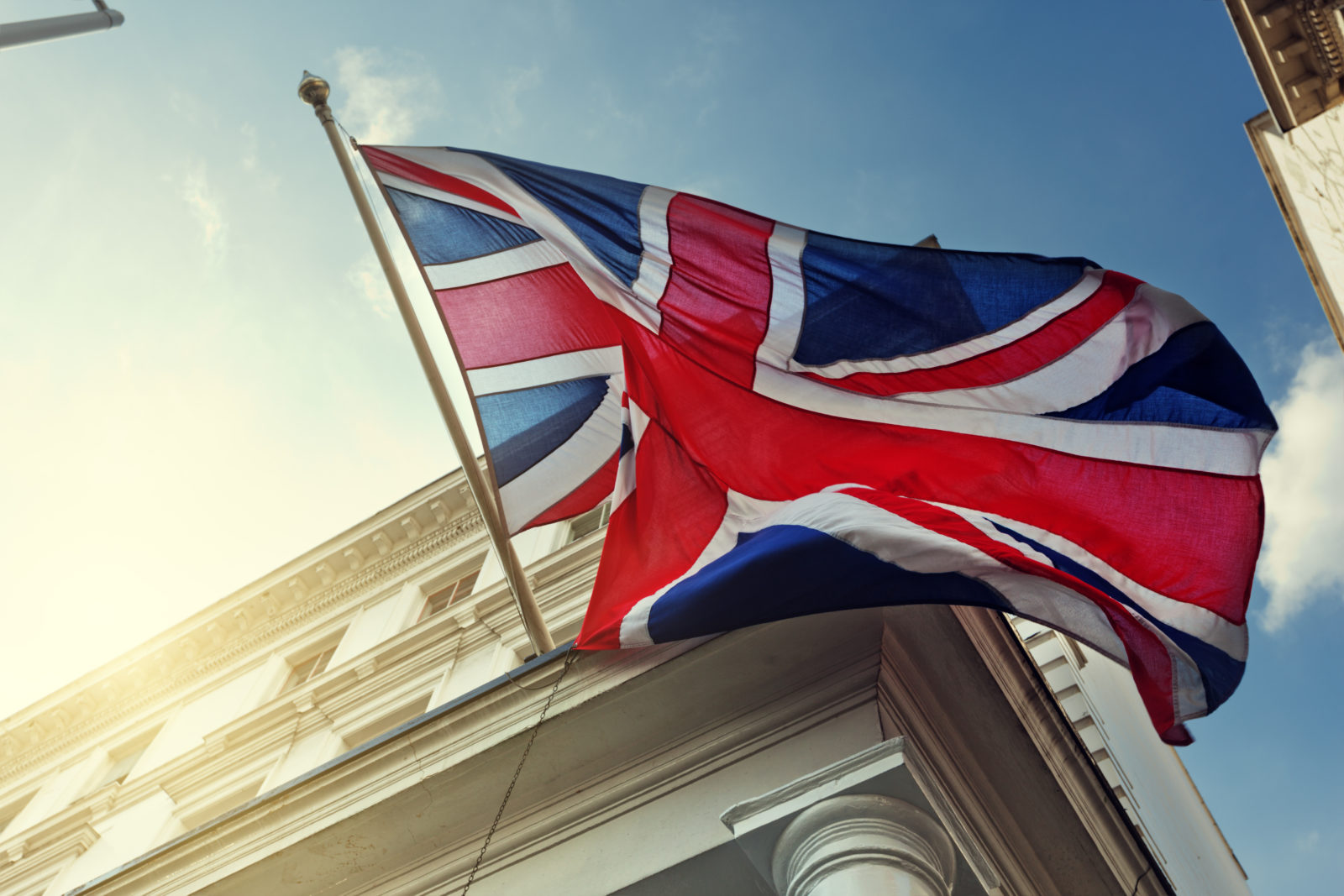Why Not a Free-Trade Pact With the U.K.?
Originally published at The Seattle TimesThe most embarrassing moment I had as a congressman from the 1st District of Washington was in the 1980s when I paid a visit to the then-British ambassador to the U.S., Sir Antony Acland.
At a time back in the 80s when the U.S. was considering a free-trade agreement with Mexico and Canada, I suggested a free-trade agreement between the United Kingdom and the United States. The ambassador gently informed me that while it might be a good idea, I was a little late — the U.K.’s membership in the European Union prevented such arrangements outside the EU. Britain, he politely told me, had been forced to cut back on its trade-preference agreements with Commonwealth countries when it joined the EU.
The U.K.’s recent vote to exit from the EU creates a U.S.-U.K. trade opportunity anew. The vote in June gives the next president the opportunity to undo the damage President Obama has done to the “special relationship.” The president in his last visit to the U.K. blundered twice — and badly.
First, he urged Britons to vote to remain in the EU. (We can imagine how we would feel if a British Prime Minister told us how to vote in a national election: “Butt out!” would be our reaction.) The British reacted the same way, and in a close election Obama’s unwanted advice may have been decisive.
Former U.S. Rep. John R. Miller was a Republican member of the House Foreign Affairs Committee’s Trade Subcommittee from 1986 to 1992, a former U.S. ambassador-at-large in the George W. Bush administration from 2002 to2006, and a senior fellow at the Discovery Institute in Seattle.
Second, and perhaps worse, our president advised the British that if they voted for Brexit, the U.K. should not expect economic help from the U.S. but would go to the “back of the queue” when it comes to trade agreements with the U.S. This advice on how to vote and the blunt threat to our historic partner came from a president who believes Donald Trump doesn’t know how to deal with allies.
The British press has puzzled over Obama’s antipathy ever since, during the first days of his administration, he turned down former Prime Minister Gordon Brown’s effort to have lunch with him in favor of a visit with the Boy Scouts, and sent the bust of Churchill given to the White House by former Prime Minister Tony Blair back to 10 Downing Street. The president’s clumsy efforts to explain these blunders in his recent visit to the United Kingdom didn’t help matters.
It is not clear what has caused the president’s antipathy toward the U.K. What is clear is that the next president, whether Trump or now likely Hillary Clinton (assuming she can break with Obama) will have a tremendous opportunity to undo the damage Obama has done to British-American relations.
And why shouldn’t our next president propose a free-trade pact with the U.K.? There’s a reason we use the term “special relationship.” The United Kingdom stood largely alone in 1940 against Nazism and was our crucial ally in World War II. Throughout the Cold War, the U.K. stood with America, and was an ally in Iraq (whatever you may think of that conflict). We lecture NATO nations every year about increasing their military contributions, and annually NATO nations agree to increase the defense portion of their budgets to 2 percent of gross domestic product. But only the U.S. and U.K. have consistently met or come close to this target over the years.
Militarily there’s been a “special relationship,” so why not economically? It is time for the first and fifth largest economies in the world to join forces. We already have free-trade agreements with two British Commonwealth countries: Australia and Canada.
A U.K.-U.S. free-trade agreement would bring none of the headaches that similar pacts involving the U.S. have brought with other countries. There are no negotiation barriers stemming from huge tariffs — both countries have relatively low tariffs and have supported free trade. There are no dangers stemming from unstable or different types of government — both countries have long traditions of democracy.
This would be a free-trade pact to supplement and build upon a special relationship that already exists. It turns out that an embarrassed and ignorant congressman was not too late, but too early.
